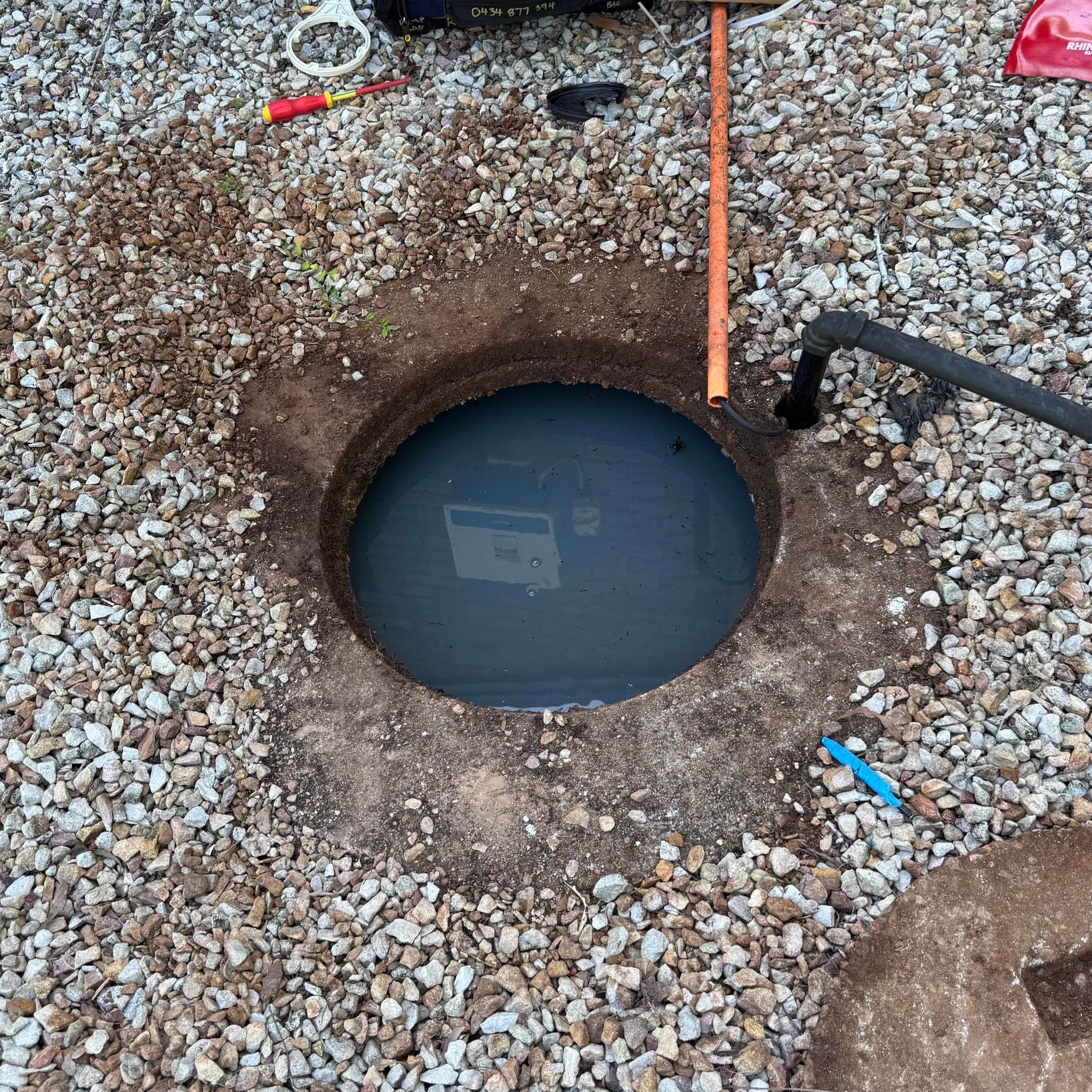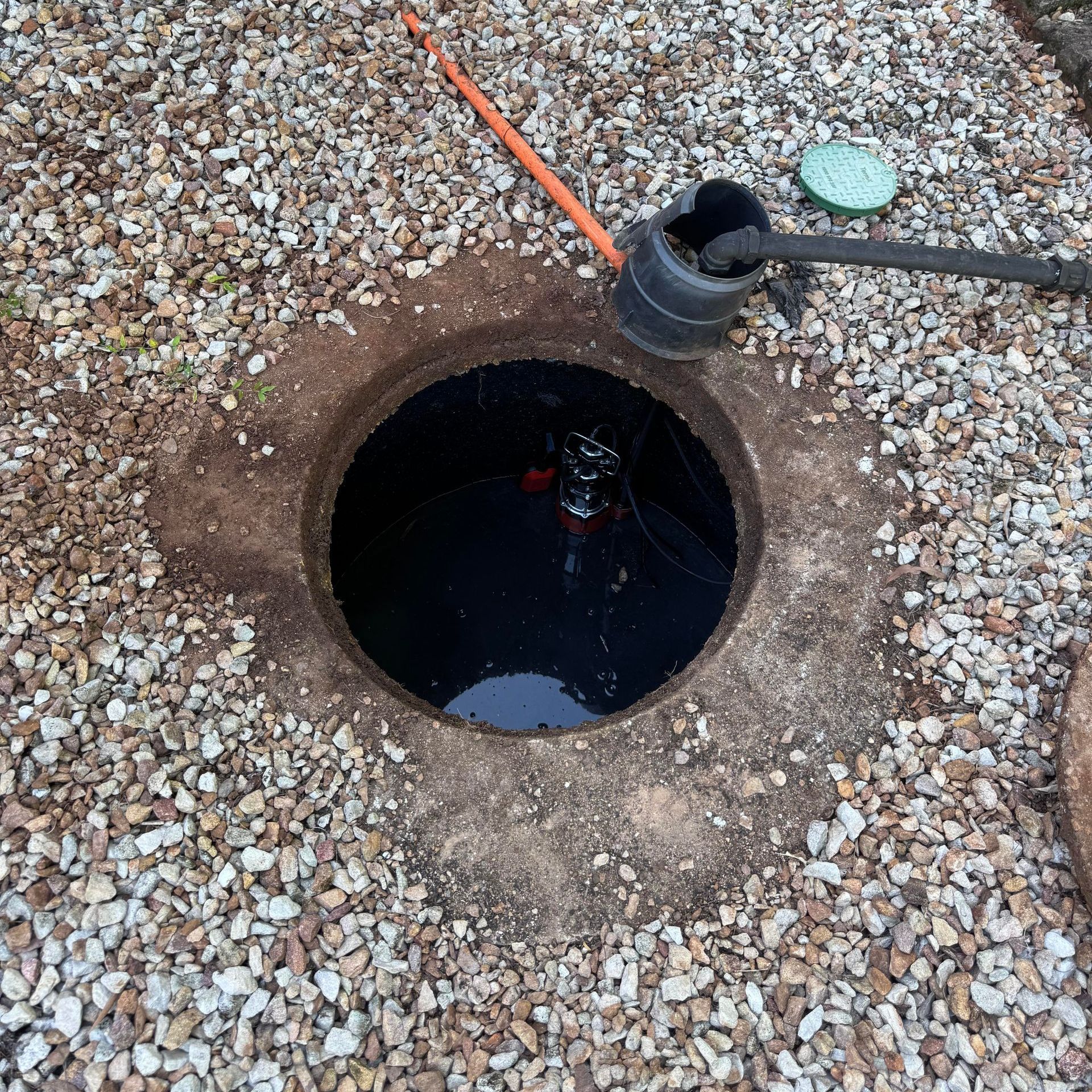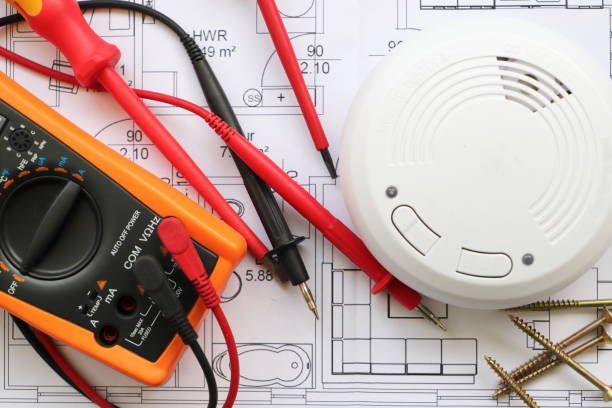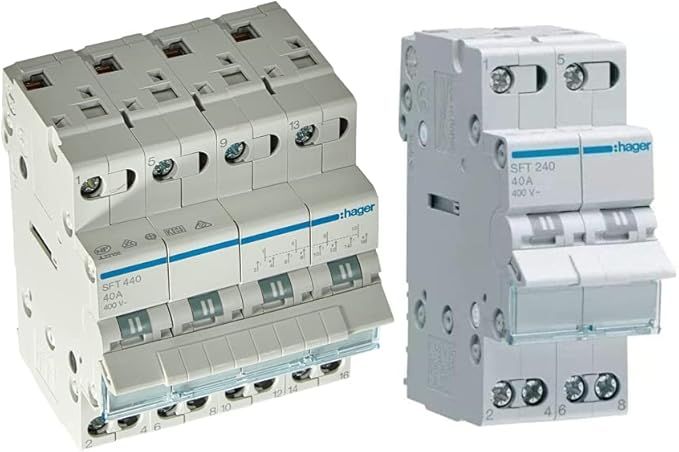Nestled in the lush hinterlands of Queensland, Tamborine Mountain offers its residents a peaceful, natural environment, with stunning views, cool temperatures, and a close-knit community. However, like many rural areas, Tamborine Mountain faces unique challenges when it comes to water management. With no town wastewater system in place, locals must rely on alternative methods for managing their water usage—and one popular solution is the use of greywater systems.
The Importance of Water Management on Tamborine Mountain
Unlike urban centres that are connected to town sewerage systems, Tamborine Mountain residents are responsible for managing their own water and wastewater needs. This lack of a centralized wastewater system means that households on the mountain often rely on septic systems to treat their sewage, while the management of other household water, such as that from showers, laundry, and sinks (known as greywater), can be a challenge.
Moreover, the region’s climate, with periodic dry spells and water restrictions, makes it even more crucial to adopt sustainable practices for conserving water. Greywater systems offer a practical, eco-friendly way to reduce reliance on potable water for non-drinking uses, especially in areas where natural water resources are limited or at risk.
What is Greywater and Why is it Important?
Greywater is the wastewater generated from household activities such as washing dishes, doing laundry, and showering. Unlike blackwater (which contains human waste and is unsuitable for reuse), greywater is relatively clean and can be treated and reused for non-potable purposes like irrigation, toilet flushing, and landscaping.
On Tamborine Mountain, where there is no central wastewater treatment system, greywater recycling can be a valuable resource. By installing a greywater system, households can reduce the volume of water that ends up in their septic systems, ease the strain on their individual wastewater treatment systems, and use greywater for tasks that do not require clean, drinkable water—like watering gardens or lawns. This not only helps preserve potable water but also reduces the risk of septic tank overflow or system failure, which can be a common problem for properties without a town sewer system.
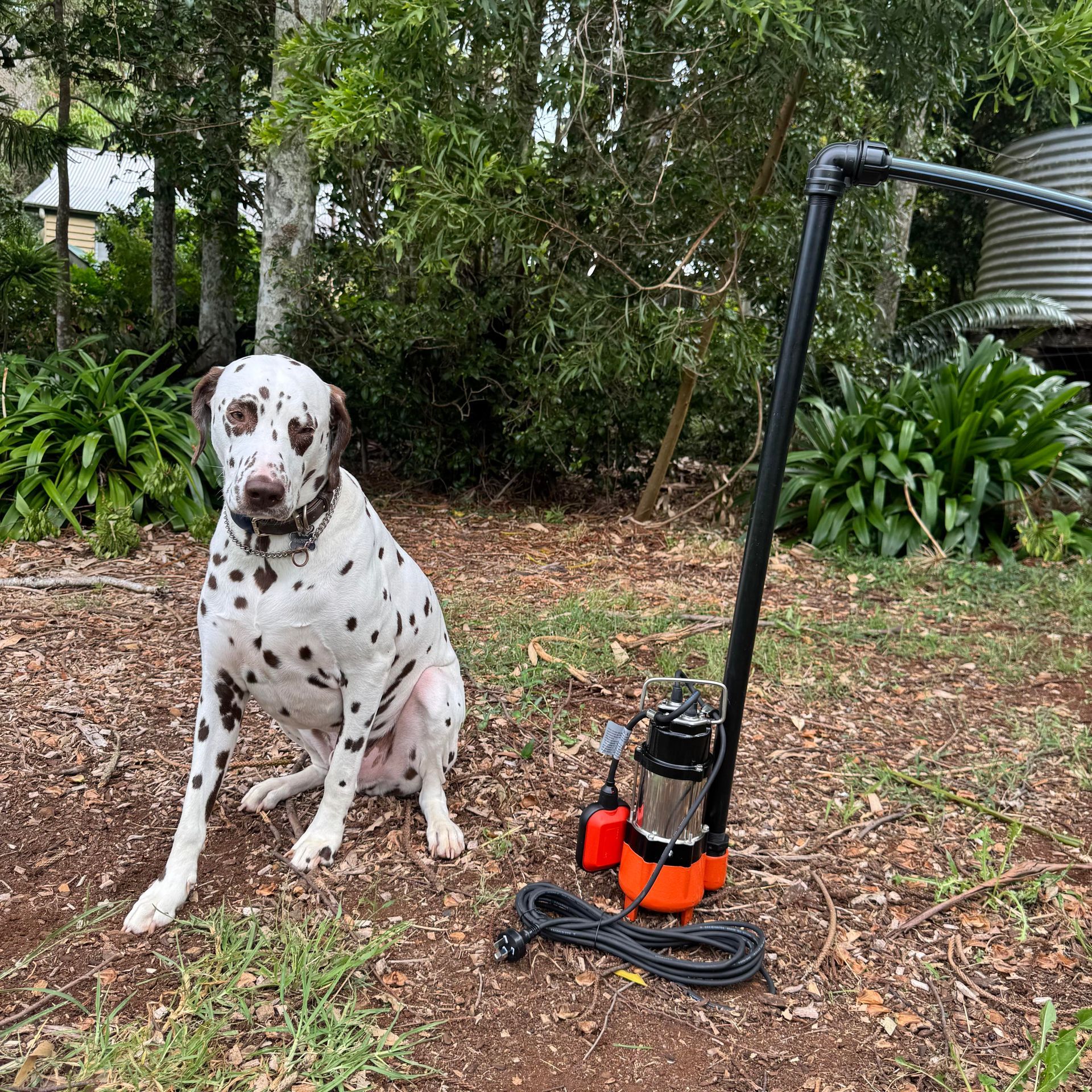
Types of Greywater Systems
There are several types of greywater systems, ranging from simple to complex, depending on the needs of the household and the level of treatment required:
- Basic Diversion Systems – These are the simplest and most cost-effective systems, which redirect greywater directly from the source to the garden or lawn. While they are less expensive to install, they are typically only suitable for watering plants and cannot be used for other indoor purposes.
- Filtered Greywater Systems – These systems include basic filtration to remove debris and contaminants from the greywater before it’s used. These systems are ideal for garden irrigation, as they ensure that the water is clean enough to prevent damage to plants.
- Advanced Treatment Systems – More advanced systems can treat greywater to a higher standard, removing bacteria and harmful pathogens. These systems can be used for both garden irrigation and indoor applications like toilet flushing.
Legal and Regulatory Considerations in Queensland
While greywater systems can be an excellent solution, it’s important to be aware of the regulations surrounding their use. In Queensland, there are strict guidelines and standards to ensure that greywater systems are safe and effective. These include:
- Approval and Certification: Any greywater system installed on Tamborine Mountain must comply with local council regulations and plumbing codes. A licensed plumber should be consulted for the installation of the system, and it may require approval from the local council before use.
- System Maintenance: Greywater systems must be regularly maintained to ensure they continue to operate effectively and safely. This includes cleaning filters, checking for clogs, and ensuring that no harmful contaminants enter the system.
- Safe Use of Greywater: While greywater is safe for irrigation and gardening, it should never be used for drinking or cooking. Additionally, greywater should not be stored for long periods as it can develop harmful bacteria if left untreated.
Conclusion
As Tamborine Mountain continues to grow, so too does the importance of finding sustainable, environmentally-friendly solutions for water management. Greywater systems offer a practical, cost-effective, and eco-conscious option for residents looking to conserve water, reduce the load on their septic systems, and contribute to a more sustainable future.
By embracing greywater recycling, Tamborine Mountain residents make a meaningful impact on their water usage, ensuring that this beautiful region remains a thriving, vibrant community for generations to come. Whether it’s for irrigation, garden care, or even toilet flushing, a greywater system is a smart choice for anyone looking to live more sustainably on Tamborine Mountain.
We at Ridgy Didge Electrical service Greywater systems here on the mountain and surrounding areas. We primarily service and source greywater (sullage) pumps in a prompt and efficient manner. Look at the before and after pictures below of a sullage pump replacement job we recently conducted. Please reach out if you have any questions about sullage pumps or greywater systems. The results speak for themselves!
Thanks,
Rowan Simpson
Director
Ridgy Didge Electrical
0434 877 394
